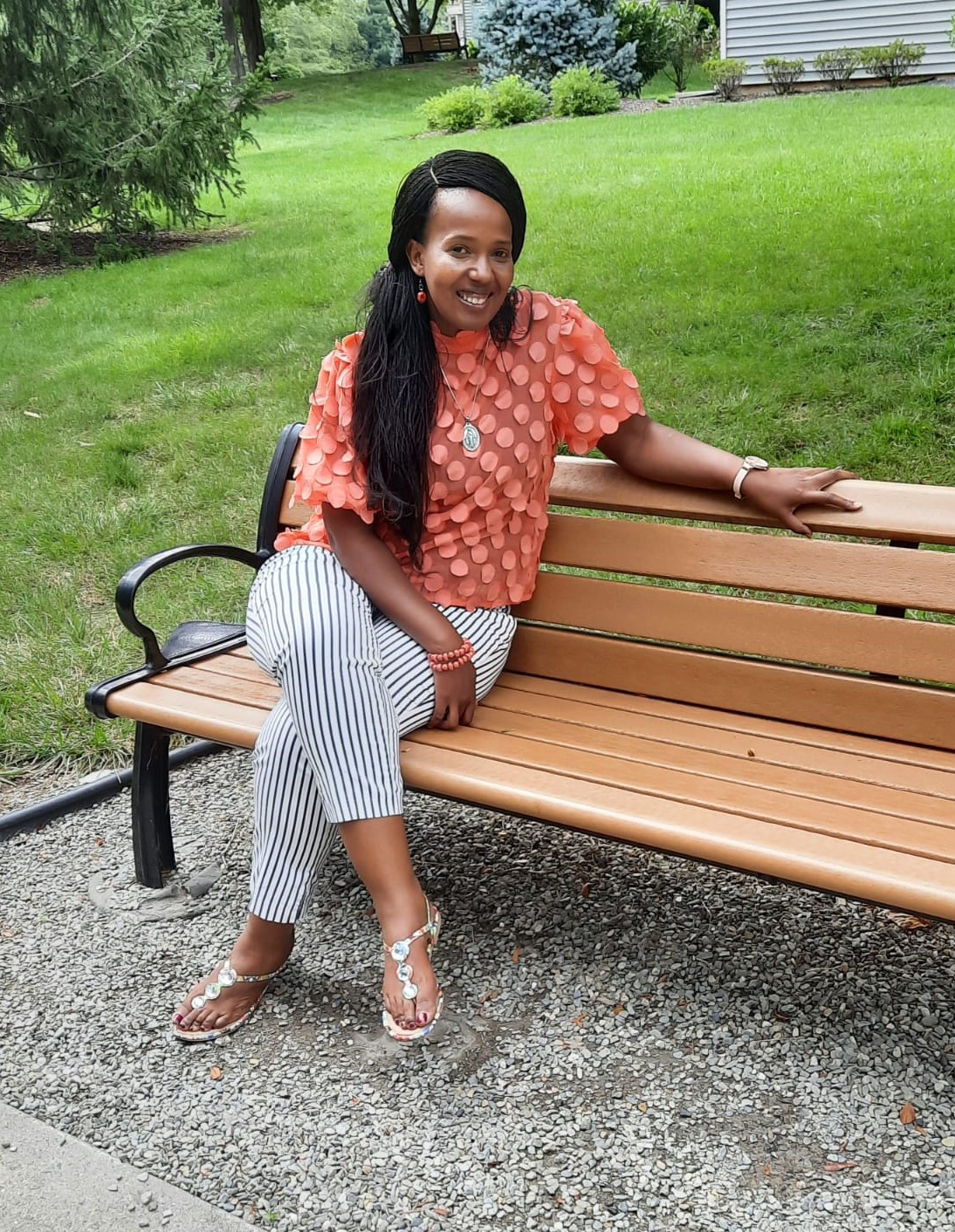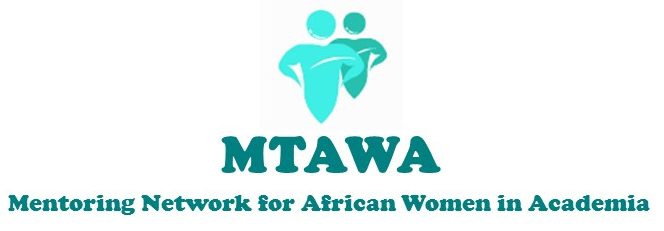 I am a Kenyan interdisciplinary environmental scientist who is passionate about tourism, conservation, and development issues. I gained interest in nature and the environment at a very young age, while traveling with family during the holidays. These moments sparked my interest to pursue a professional career in environmental science. By the end of my undergraduate studies, I developed a specific interest to explore the nexus of conservation and human impact and interventions.
I am a Kenyan interdisciplinary environmental scientist who is passionate about tourism, conservation, and development issues. I gained interest in nature and the environment at a very young age, while traveling with family during the holidays. These moments sparked my interest to pursue a professional career in environmental science. By the end of my undergraduate studies, I developed a specific interest to explore the nexus of conservation and human impact and interventions.
A few years later, I completed my PhD in Environmental and Geographical Science from the University of Cape Town, South Africa, with a focus on Nature-based Tourism on the Mount Elgon ecosystem. At the start of my postdoctoral research at Princeton University, I focused on two specific areas: Reconciling livelihoods for community stakeholders in protected areas and Climate Resilient Agriculture as a biodiversity conservation mechanism for small-holder maize farmers in the Mount Elgon region. These research topics culminated in a detailed case study research analysis on various stakeholder groups in the Mount Elgon ecosystem in Kenya. This spurred my interest to focus my career on decision science having identified through my field experiences that applied science was essential to creating definitive change in all anthropogenic activities particularly in high biodiversity regions.
Thereafter, I began to develop the idea of establishing a landscape focused research center which was named, El-Koony Center, and launched in 2020. The El-Koony Center serves as a multi-purpose center, focusing on scientific research while providing professional and vocational training for community stakeholders in the Mount Elgon region.
I am a strong advocate for pursuing scientific research through an anthropocentric approach to create maximum impact on local communities. My work with El-Koony center has impacted the lives of the local population of the Mount Elgon region through various applied science projects that enhance livelihood opportunities for local communities such as the Climate Resilient Agriculture (CRA) project. This project has worked mainly with women farmers to recognize their input as the primary labor force in the region.
Additionally, I am currently working with female Masters and PhD students under my mentorship and thus connected with the MTAWA network to engage in their activities. My dream for the center is to popularize decision science and make it the norm for those pursuing scientific careers to think about impact in a direct and meaningful way.
“We need to develop a bioeconomy strategy for ecosystems and human well-being through applied science and developmental interventions” – Dr. Jacqueline N. Karithi

